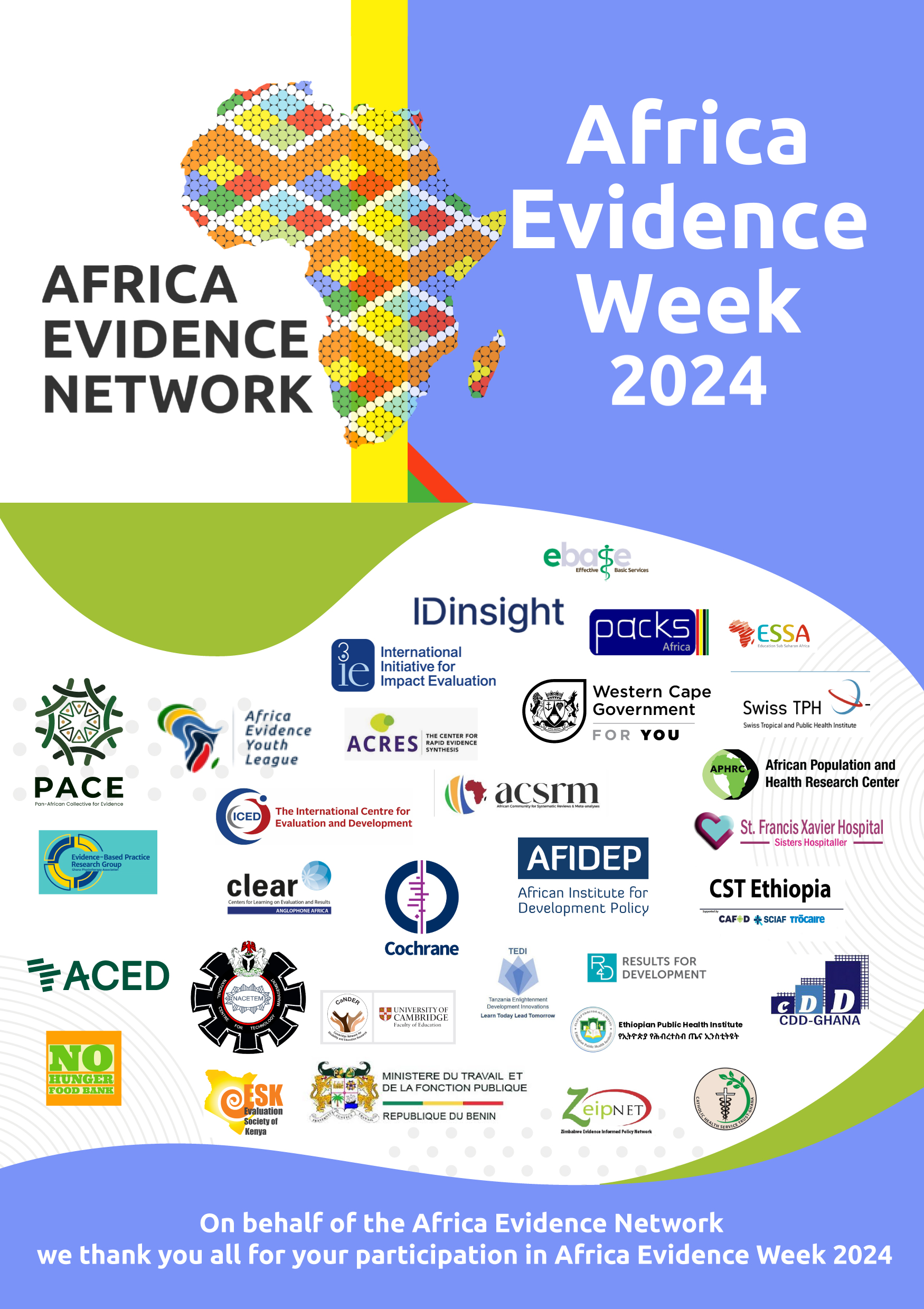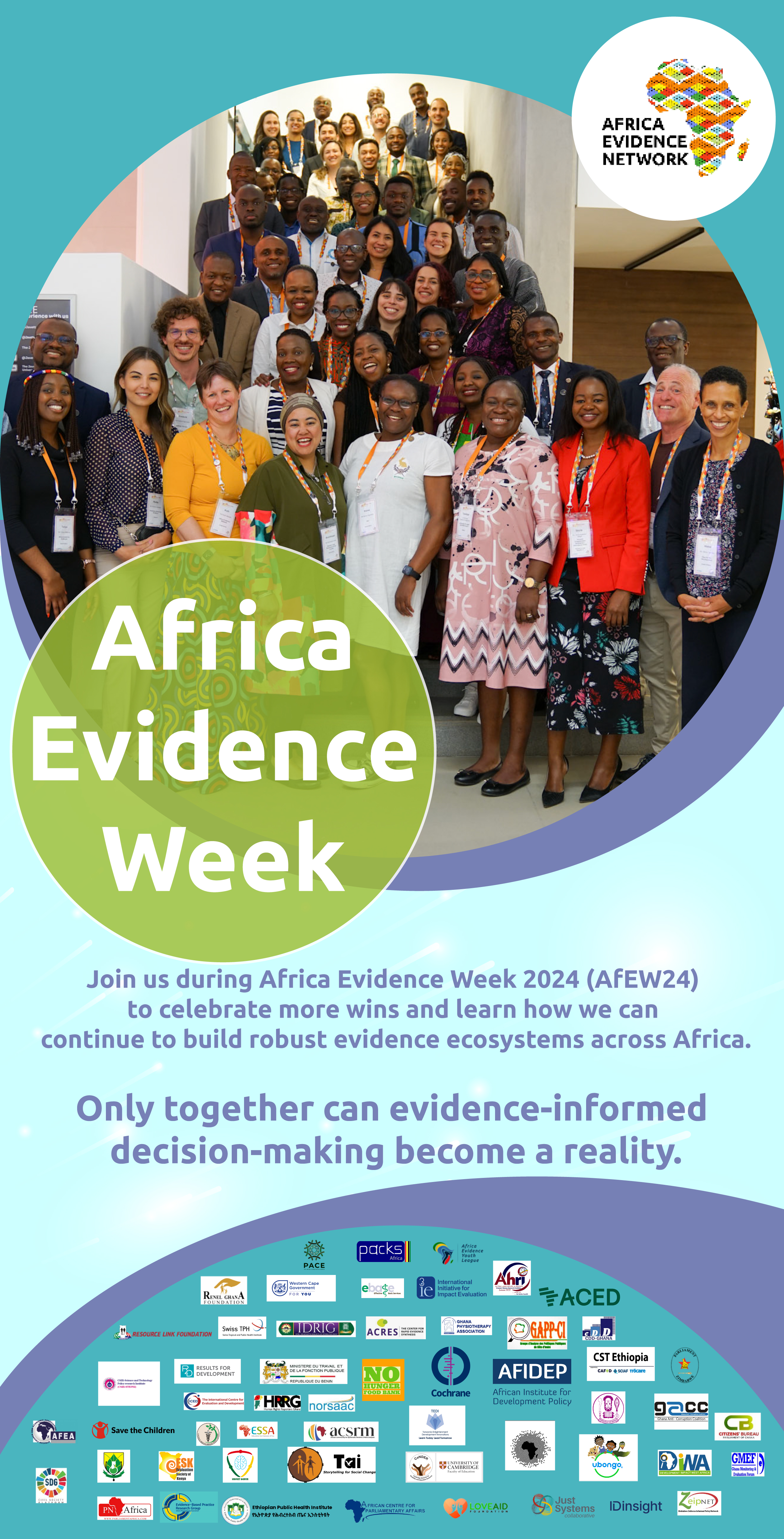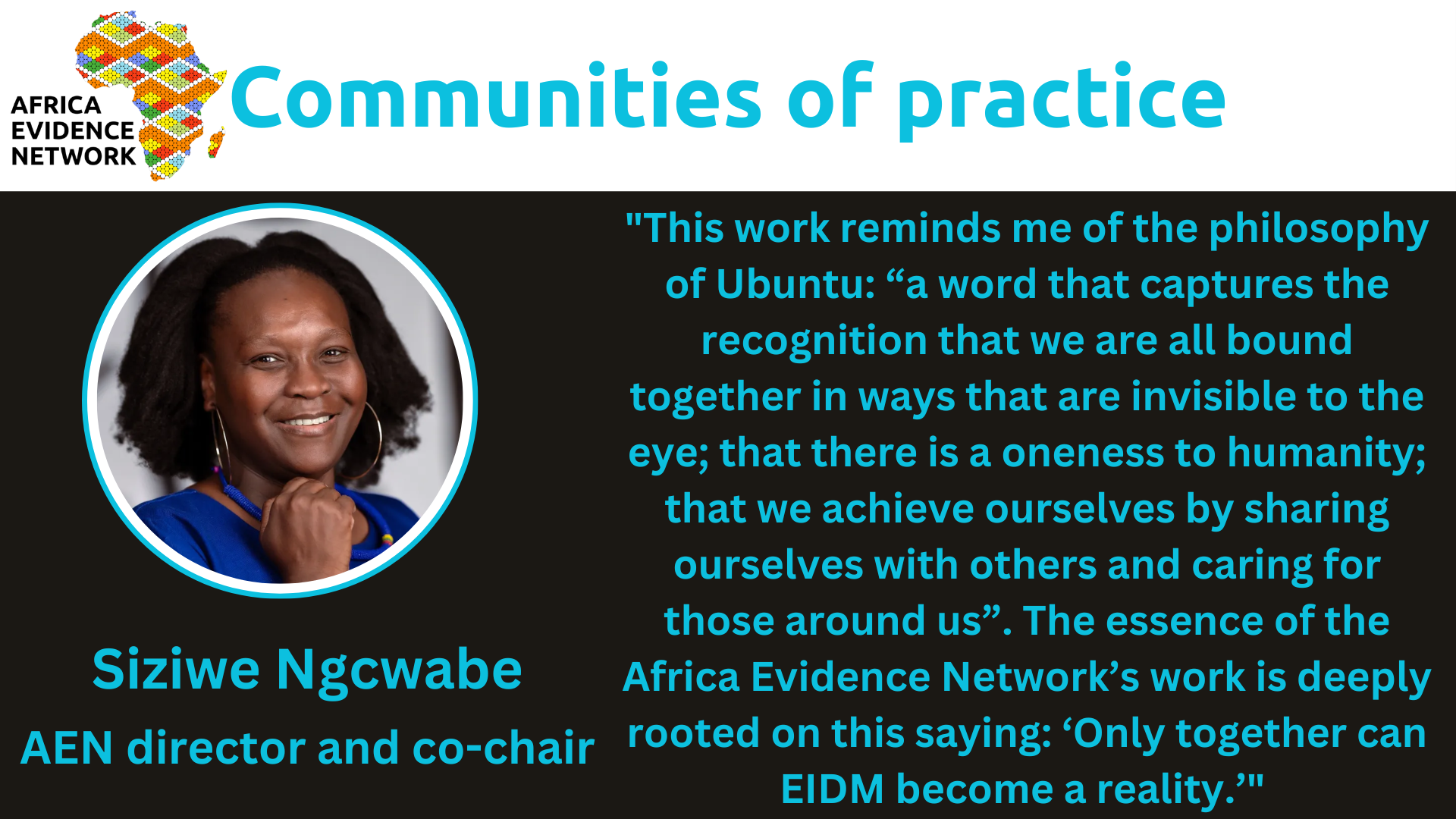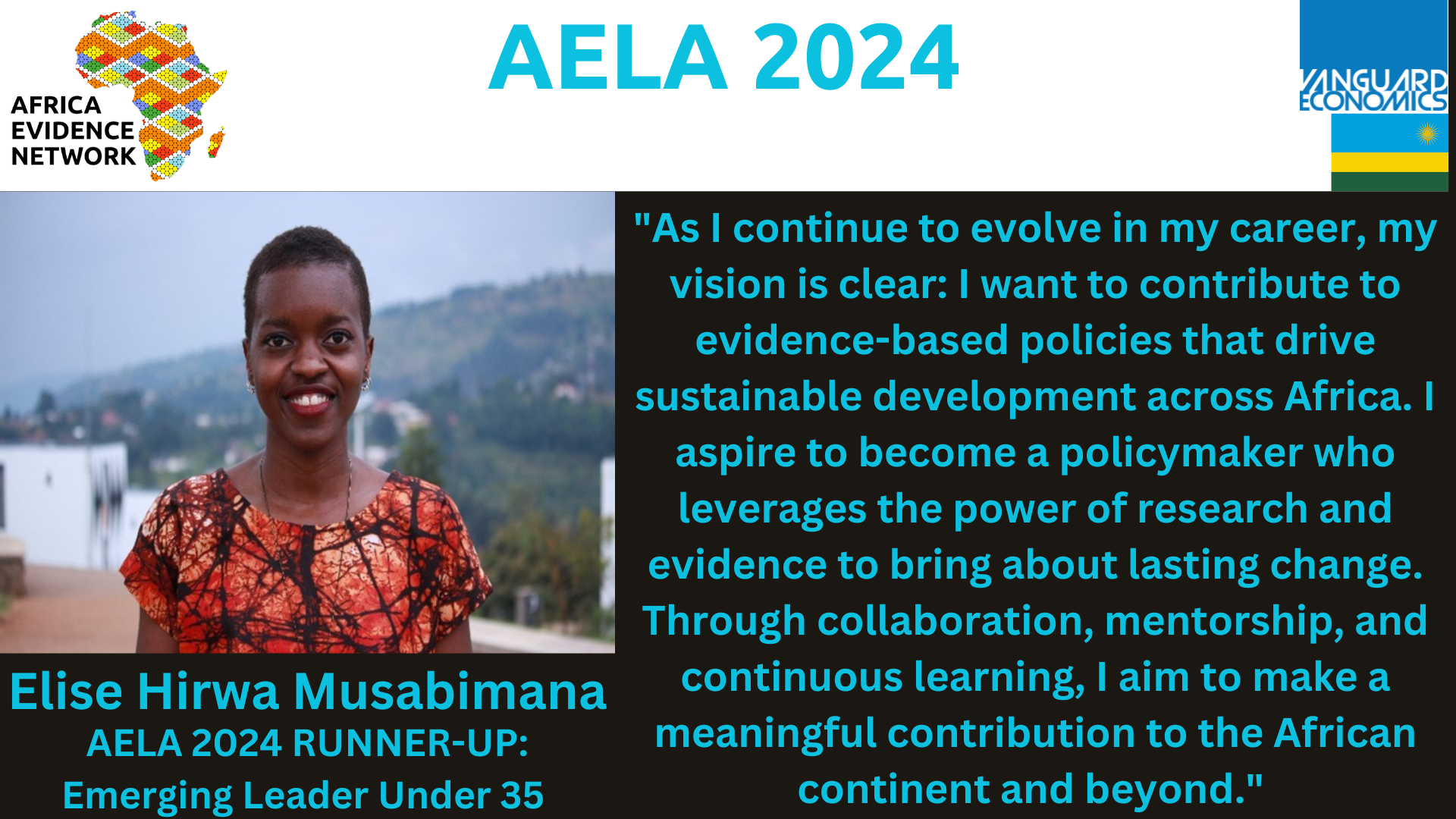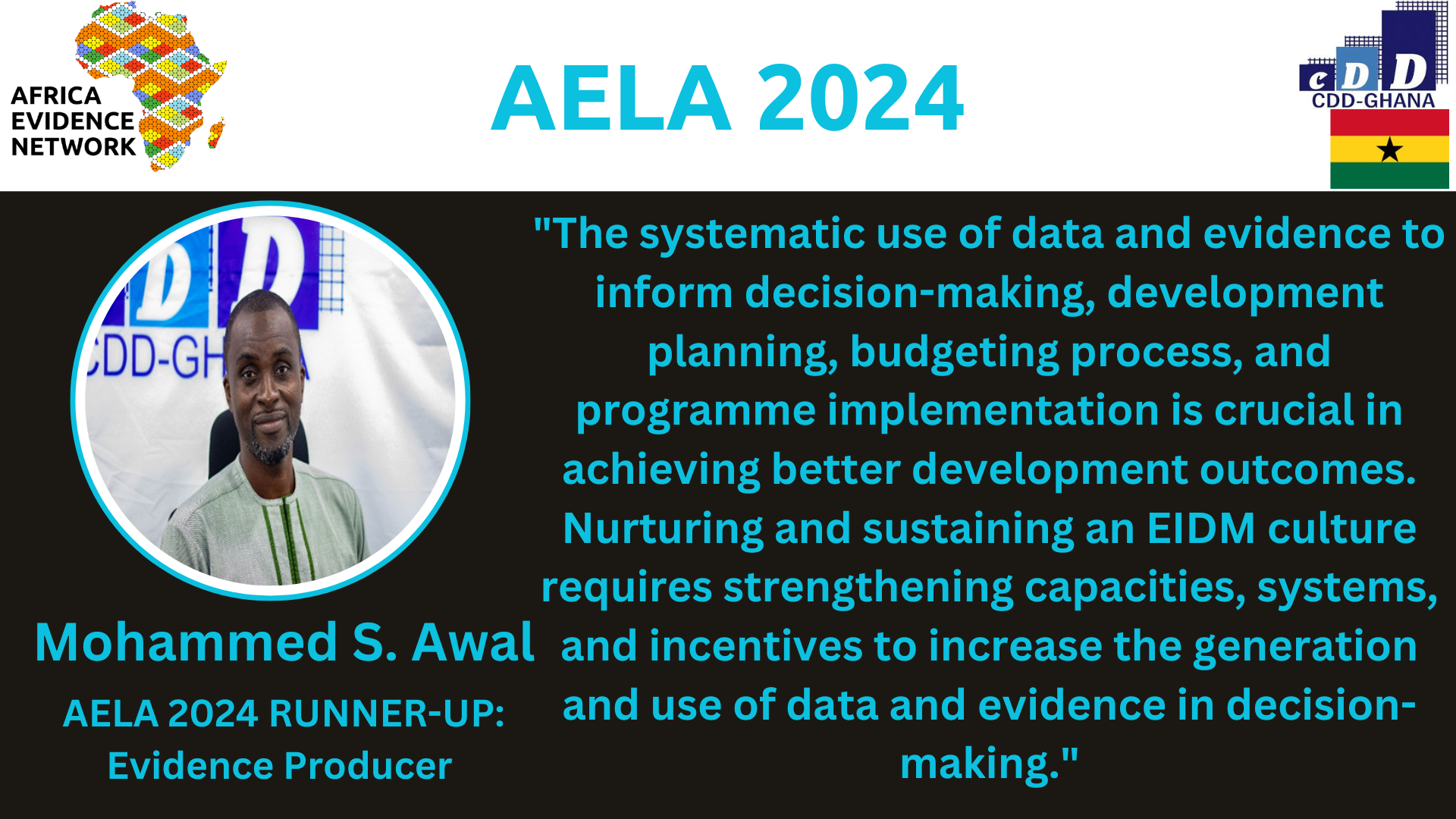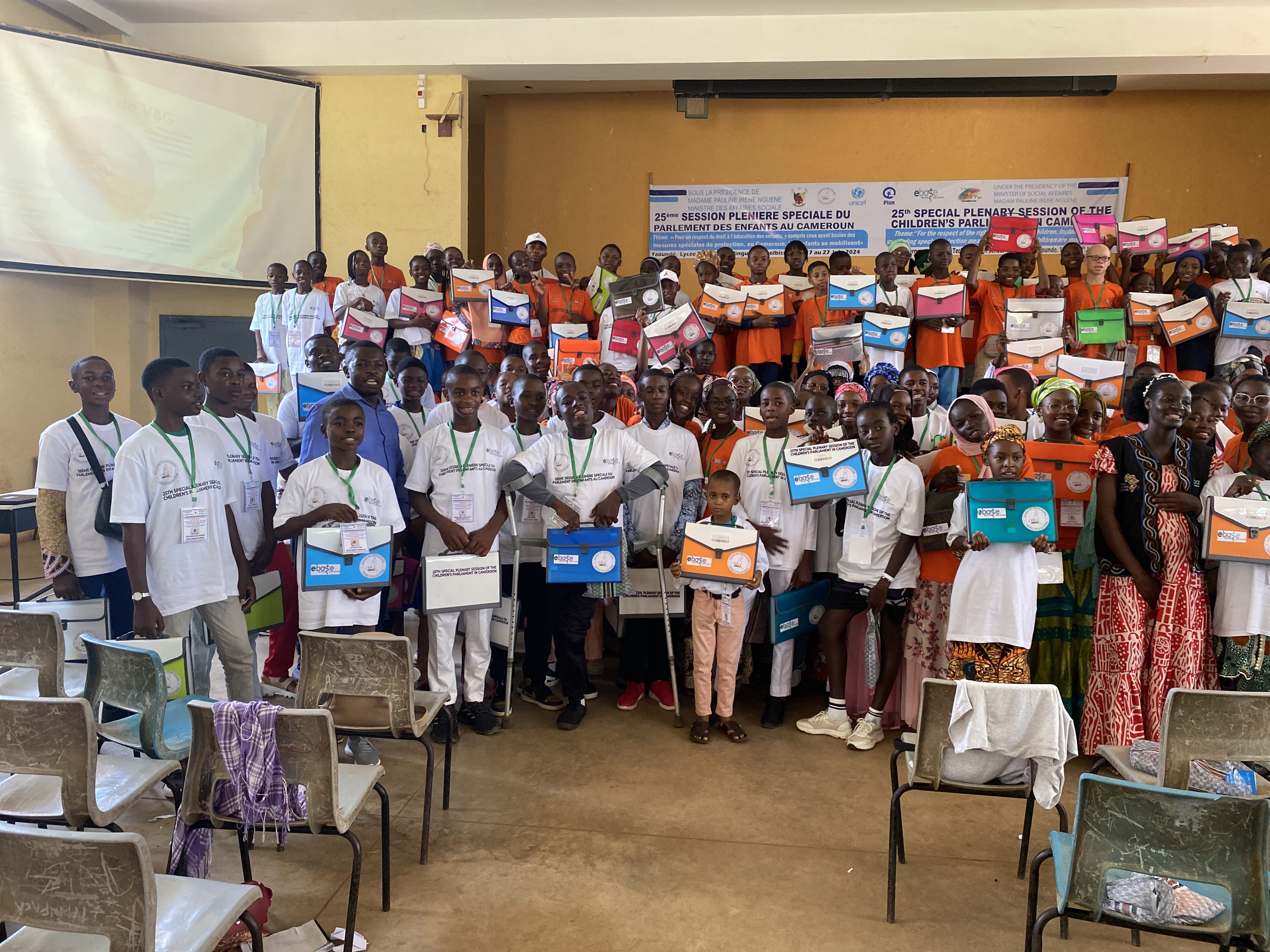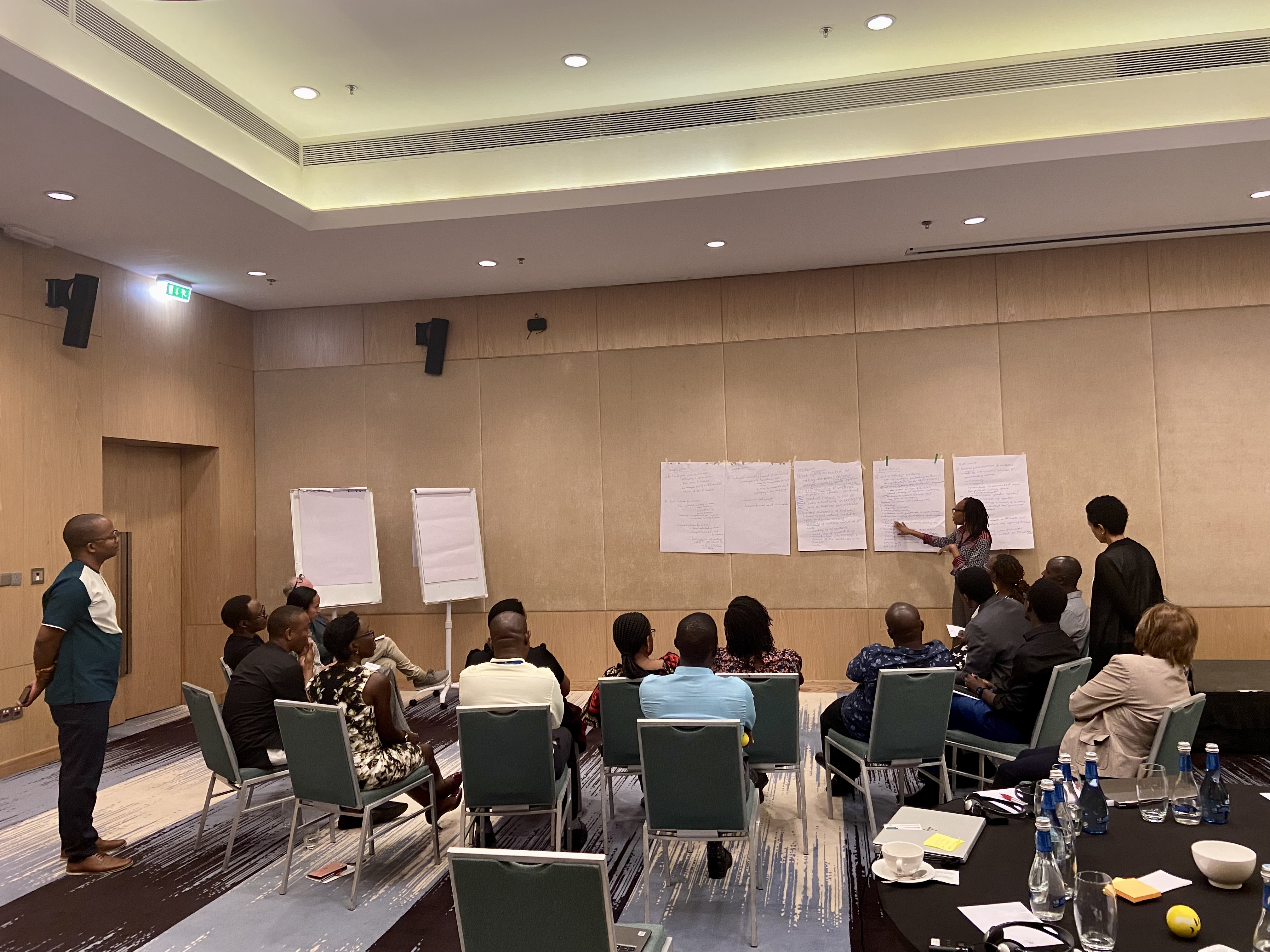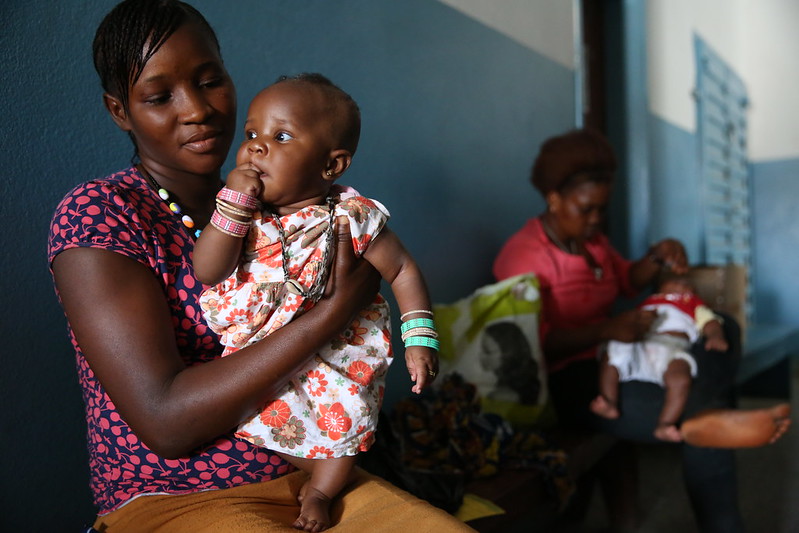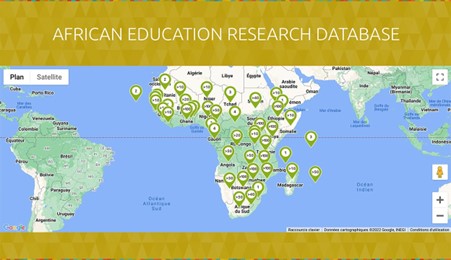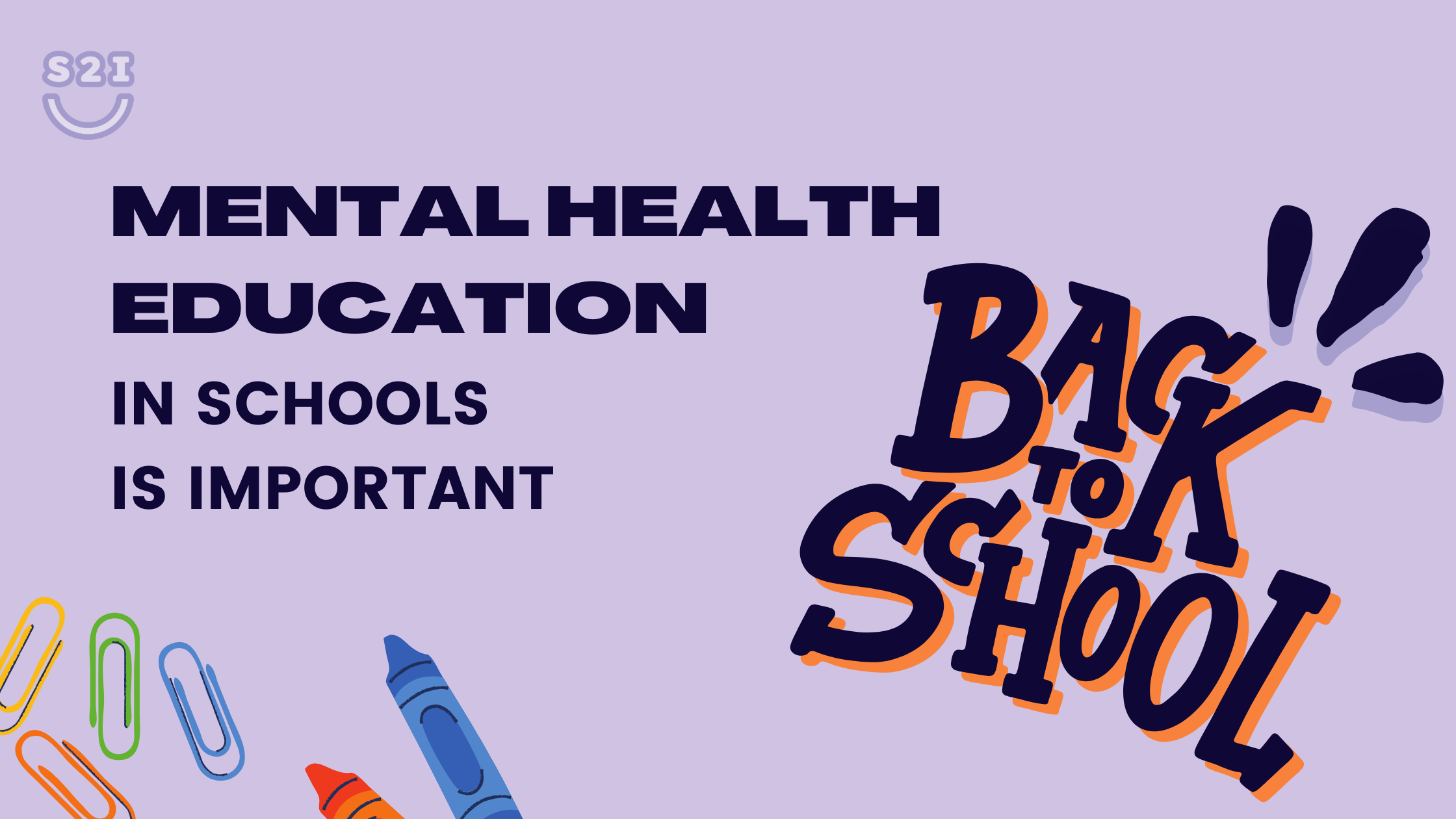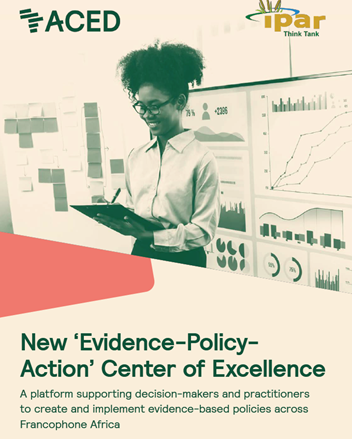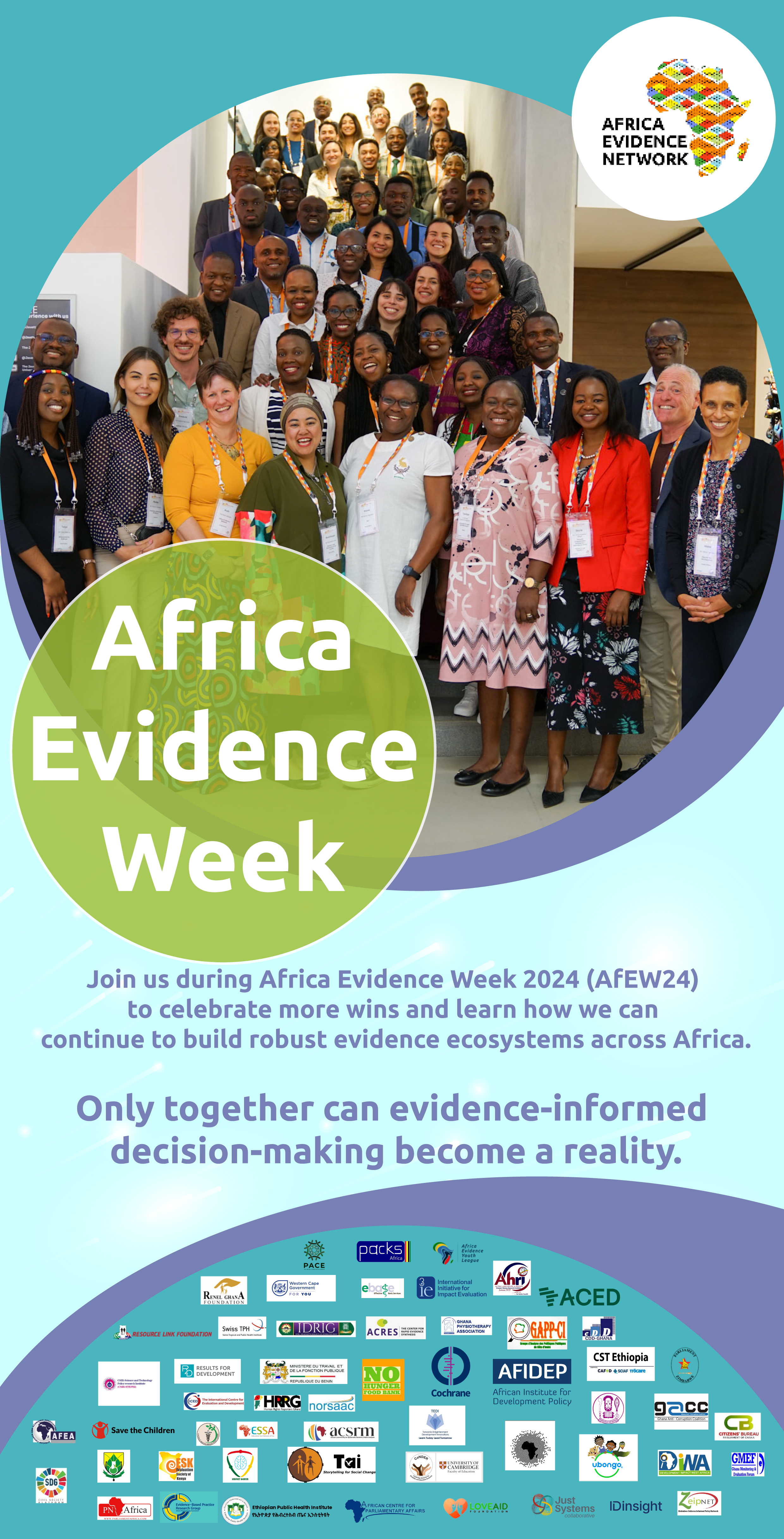
We hope that you are enjoying Africa Evidence Week 2024 as much as we are! Day four of the 2024 Africa Evidence Week was filled with lots of excitement, imparting of knowledge, and learning. Because of the amazing engagement from organisations all around Africa and the world celebrating Africa's evidence-informed decision-making (EIDM), Africa Evidence Week 2024 is surpassing all of our expectations.
Day 4 started with a blog sharing highlights from the previous day. We had three more blogs sharing insights on various EIDM topics.
- ACED is leading a capacity development programme to integrate gender and youth data into Food Security and Nutrition (FSN) interventions in Africa, emphasising the critical roles women and youth play in African food systems. In this blog, Martin Boton talks about an EIDM approach that is being used by ACED to develop a training manual, conduct a capacity-building programme for NGOs, and create practical tools like a comprehensive manual, online learning platform, and intensive training sessions to facilitate the integration of gender and youth data in FSN interventions.
- In this blog, Julius Fenji talks about how Effective Basic Services (eBASE) Africa used innovative approaches to address complex social challenges. He mentions that policy-makers need access to reliable data and effective tools to navigate these issues. They have been collaborating with other organisations to empower leaders with a powerful tool: evidence-informed decision-making (EIDM).
- In this blog, Ronald Munatsi shared some highlights from one of the Evidence 2023 sessions which supported connections between individuals and organisations working in the evidence-informed decision-making (EIDM) space, with a focus on enhancing the social networks of existing and new members within the Africa Evidence Network (AEN) community. The session demonstrated how collaborations can address issues of coloniality, gender, diversity, equity, and inclusion through what different organisations are doing to support EIDM in Africa.
We had six Twitter chats: five showcased EIDM innovations in Africa and one by the Africa Evidence Youth League, spotlighting the contribution of young and emerging leaders:
- EIDM INNOVATION IN AFRICA #16 | Education.org: The international working group on inclusive evidence in education | Videos | Africa Evidence Network. Education.org launched the International Working Group (IWG) in June 2023. This is a bridge-building effort, bringing together a wide range of stakeholders in the evidence ecosystems to help expand the types of evidence and voices available to decision-makers and add to those published through academic and commercial channels.
- EIDM INNOVATION IN AFRICA #17 | Policy-relevant evidence maps | Videos | Africa Evidence Network. Policy-relevant evidence maps aim to facilitate the use of evidence by decision-makers by allowing them to rapidly access a body of evidence relevant to their policy questions. This evidence is mapped against a policy framework and visualised on an interactive evidence interface to allow decision-makers to interrogate and engage with the evidence. In this, they present a method to inform decision-making using the best available evidence.
- EIDM INNOVATION IN AFRICA #18 | Distilling and Availing Research Evidence for Parliament of Zimbabwe | Videos | Africa Evidence Network. The Zimbabwe Evidence Informed Policy Network (ZeipNET) is currently implementing the ‘Distilling and Availing Research Evidence for Parliament of Zimbabwe’ (DARE PoZ) project in partnership with IDinsight which seeks to strengthen existing systems and introduce other innovations to embed a platform to convert scientific outputs into reliable and digestible evidence that can inform decision-making through resource-efficient, timely, transparent and rigorous evidence translation processes.
- EIDM INNOVATION IN AFRICA #19 | Valuing evidence in EIDM differently | Videos | Africa Evidence Network. The transformation index guides on assessing the extent to which evidence aligns with the transformation enshrined in the Broad-Based Black Economic Empowerment (B-BBEE) legislative framework aimed at transforming South Africa's economy. This transformation index assesses the extent to which evidence aligns with the B-BBEE legislative framework by assessing whether the evidence was sensitive to marginalised groups as defined by the B-BBEE.
- EIDM INNOVATION IN AFRICA #20 | Evidence Tori Dey: Telling Science Stories | Videos | Africa Evidence Network. Evidence Tori Dey is a systematic and community-engaging approach to communicating research evidence to non-scientific, non-literate populations in a way that is more digestible, less confrontational, and in a language they understand. It is an innovation hosted by Effective Basic Services (eBASE) Africa.
- Twitter chat: Empowering Futures and EIDM by the Africa Evidence Youth League (AEYL) hosted a Twitter chat on “Empowering Futures and EIDM” where they explored more about the contribution of young and emerging leaders so that we could get to know them better.
We had seven videos from different organisations showcasing their work:
- Gloria Anderson shared some of the highlights of how the Africa Evidence Week is going and what to look forward to on the last day of the celebrations.
- Janet Michel, the Executive Director of Global Health Mentorships shared about how to design research and programmes from the outset.
- We sat back, relaxed and enjoyed the “Nebinnetou” (Dance of the Brain) by Effective Basic Services (eBASE) Africa, which is a cultural, spiritual, and metabolic dance that manifests through the free, rhythmic movement of the body, following each individual’s body language. This form of dancing can help reduce the incidence of diabetes because it activates muscles, which significantly influence the regulation of insulin sensitivity.
- Firmaye Bogale from the Ethiopian Public Health Institute (EPHI), the inaugural winner of the Emerging Leader Under 35 category of the Africa Evidence Leadership Award 2024, discusses the role of artificial intelligence (AI) in evidence synthesis and evidence-informed decision-making (EIDM).
- In this video, you will learn more about No Hunger Food Bank’s mission which is simple yet powerful – “to end hunger in our community.” They believe that no one should have to go without access to nutritious food. That’s why they operate the Temporary Food Assistance Program (TFAP) which takes a two-pronged approach to fighting hunger. First, it rescues surplus food that would otherwise go to waste - from farms, manufacturers, retailers, and more. This food is then quickly distributed to families in need, ensuring it doesn’t end up in landfills. Second, TFAP provides temporary food assistance to those facing hard times, with a special focus on vulnerable communities.
- This video is an interview that forms part of the course materials in i4Policy's MOOC on Entrepreneurship Policy developed by the National Center for Technology Management (NACETEM). Dr Abiodun Egbetokun discusses how to evaluate the impact of policies using an example from his own research in Nigeria.
- We listened to Dr Moses Oyagi, the Evaluation Society of Kenya (ESK) chair – Kenya, Benjamin Masila – ESK secretary – Kenya and Jennifer Mutua – ESK Founder, talking about their professionalisation journey in Kenya.
The day closed with two live webinars:
- Accelerating SDGs through advancing gender equity and inclusion in Evidence Informed Policy processes: Experiences and reflections. The webinar promoted a focus on gender equity and inclusion in EIP efforts and initiatives by providing a forum for the LEEPS partnership and other EIP initiatives in Africa to share experiences and reflections on integrating gender equity and inclusion in EIP. The specific objectives were to:
- Stimulate interest among EIP actors and practitioners in integrating gender equity and inclusion in their EIP efforts
- Facilitate exchange and learning on enhancing evidence translation and use and integrating gender equity and inclusion in development policy and programmatic decisions.
- Enhancing Tanzania's Digital Education Strategy through Global Insights. The Ministry of Education, Science, and Technology in Tanzania presented a draft National Digital Education Strategy to various stakeholders on June 24-25, 2024. The presentation included representatives from different ministries, higher learning institutions, international organizations like UNICEF, technical and vocational colleges, teacher colleges, schools, and NGOs. As part of Africa Evidence Week, Tanzania Enlightenment Development Innovations (TEDI) and the United Republic of Tanzania Ministry of Education, Science and Technology organised a webinar to share and discuss the strategy and digital education stakeholders from Africa and beyond. The goal was to enhance Tanzania's Digital Education Strategy.
Today is our final day for Africa Evidence Week 2024. The programme is packed with more EIDM content that you don’t want to miss like the live event being hosted by the African Community for Systematic Reviews and Meta-analyses (ACSRM). We sincerely hope you had fun celebrating the use of evidence in Africa. We believe that through your efforts, we were able to demonstrate to the world that Africa loves evidence. As we work together, connect, and network, we are excited to carry on the conversation beyond this event as we look forward to Evidence 2025!
I will leave you with an African proverb: “If you want to go fast, go alone. If you want to go far, go together”, which resonates with our AEN “motto” of “only together can evidence-informed decision-making become a reality.”
About the author: Siziwe Ngcwabe is the Director and Co-chair of the Africa Evidence Network. She is a South African inspirational trailblazing social entrepreneur, motivational speaker, personal change catalyst, and academic. She was born in Qitsi village, Cofimvaba, Eastern Cape, and raised in East Driefontein mine in Carletonville. She holds a Bachelor’s degree in social work with honours from the Walter Sisulu University (UNITRA), a Postgraduate Diploma in Business Management (PGDBM) from MANCOSA, a Master’s degree in Public Management-MPM and Masters of Business Administration-MBA from Regenesys Business School. She worked at several organisations across different sectors in South Africa. Siziwe Ngcwabe is currently the Director and Co-chair of the Africa Evidence Network. She approaches the challenge of working in various environments with dedication and diligence. She believes with her willingness to continuously face new challenges, her intellectual curiosity, and her academic and 24 years of experience, she aims to continuously support connections and collaborations for meaningful African and global impact through evidence networks by promoting evidence production, use, mediation for useful change. She is also committed to building innovative collaborative solutions.
Acknowledgements: The author(s) is solely responsible for the content of this article, including all errors or omissions; acknowledgements do not imply endorsement of the content. The author is grateful to Charity Chisoro for her guidance in preparing and finalising this article, as well as her editorial support.
Disclaimer: The views expressed in published blog posts, as well as any errors or omissions, are the sole responsibility of the author/s and do not represent the views of the Africa Evidence Network, its secretariat, advisory or reference groups, or its funders; nor does it imply endorsement by the afore-mentioned parties.
